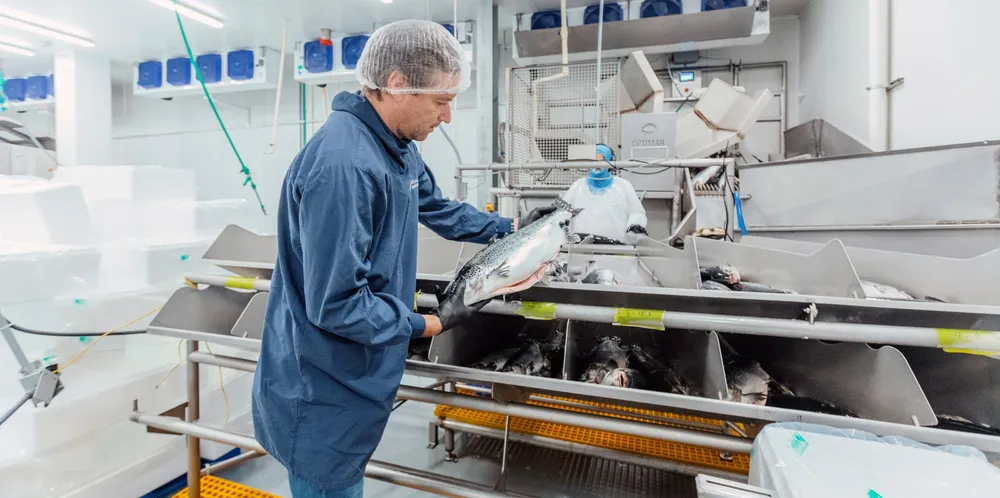Early sexual maturation the latest setback for land-based salmon farmer Atlantic Sapphire
Executives see the problem as temporary, however, with new batches of fish faring better.

Executives see the problem as temporary, however, with new batches of fish faring better.
